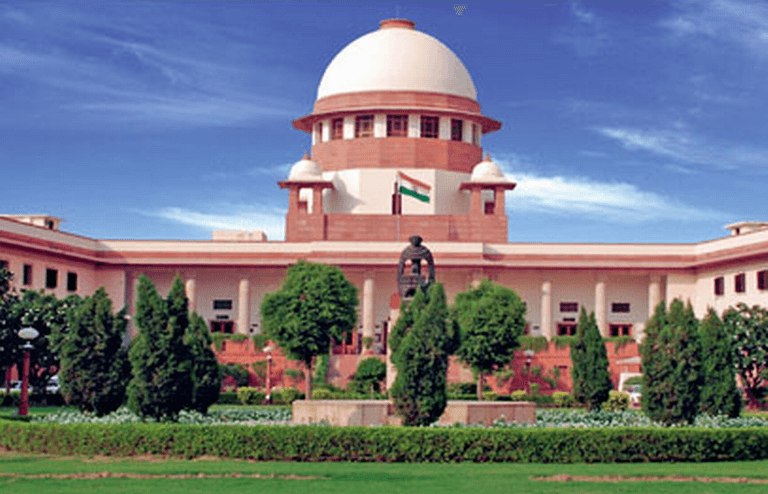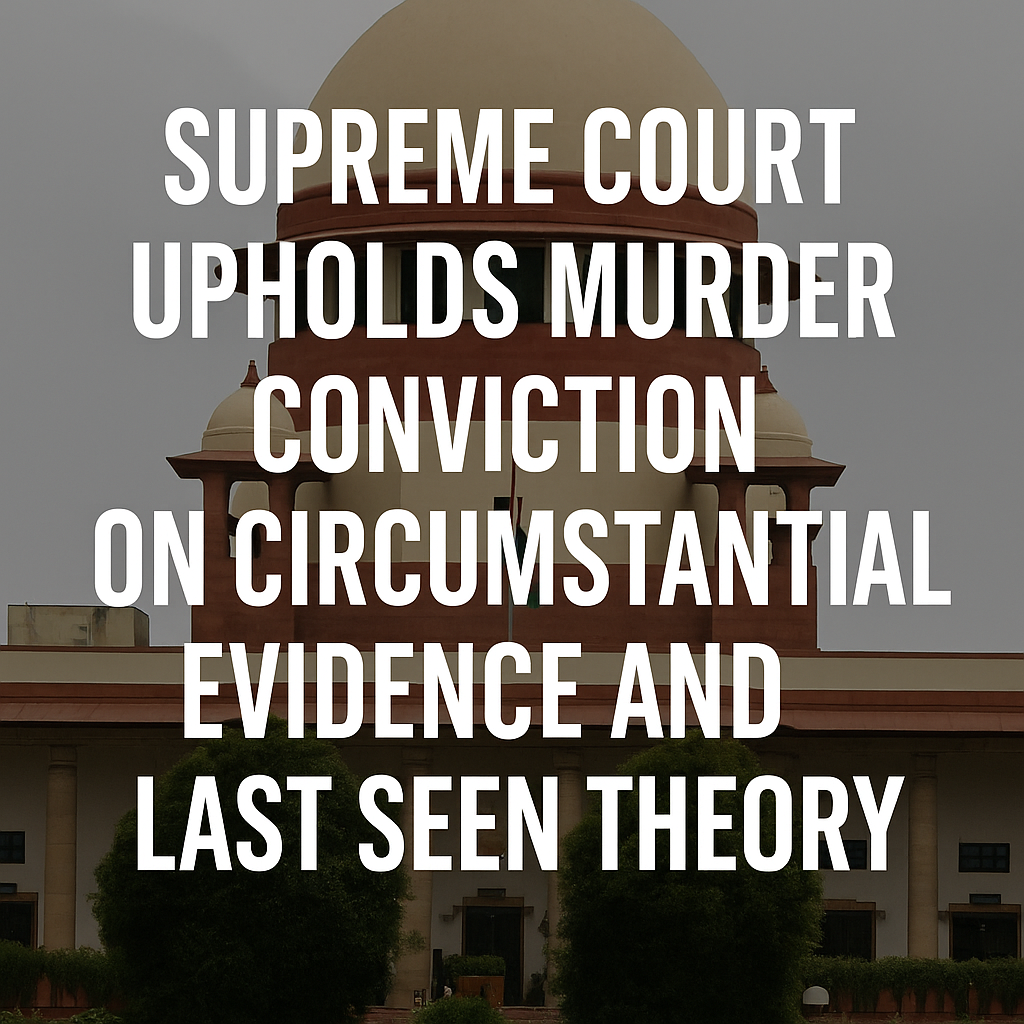Supreme Court has emphasised the need for passing reasoned orders by the Courts so as the litigant to know the reasons for the judgment. In the absence of any reasons and brief facts, it will cause prejudice to the parties.
The Husband challenged the decision of the Division Bench of Orissa in dismissing his appeal at the admission stage itself whereby confirming the decision of the Family Court in granting permanent alimony of Rs.15 Lakhs to the Wife while allowing the application for divorce. The Family Court as well as the High Court have not assigned any reason as to how the permanent alimony of Rs.15 Lakhs is determined.
The Supreme Court has allowed the petition of the husband and remanded the matter to the Family Court for fresh consideration only as far as the issue of permanent alimony is concerned. The Supreme court held that ” Both the Courts did not even mention the factual narration of the case set up by the parties on the question of award of permanent alimony and without there being any discussion, appreciation, reasoning and categorical findings on the material issues such as, financial earning capacity of husband to pay the alimony and also the financial earning capacity of wife, a direction to pay Rs.15,00,000/- by way of permanent alimony to the wife was given. In our opinion, such direction is wholly unsustainable in law”.
It is also reiterated that “Time and again, this Court has emphasized on the Courts the need to pass reasoned order in every case, which must contain the narration of the bare facts of the case of the parties to the lis, the issues arising in the case, the submissions urged by the parties, the legal principles applicable to the issues involved and the reasons in support of the findings 7 recorded based on appreciation of evidence on all the material issues arising in the case”
Read the judgment here permanent alimony





More Stories
The Court is not bound to follow statute or rules of evidence while deciding the custody of a Child and the only consideration should be the welfare and well-being of the child- Supreme Court Reiterated
When the Agreement specifies particular type/mode of constitution of Arbitral Tribunal, the same should be followed in strict sense- Supreme Court clarified.
The Hospital is vicariously liable for the acts of negligence committed by the Doctors engaged or empanelled to provide medical care- Supreme Court Ruled